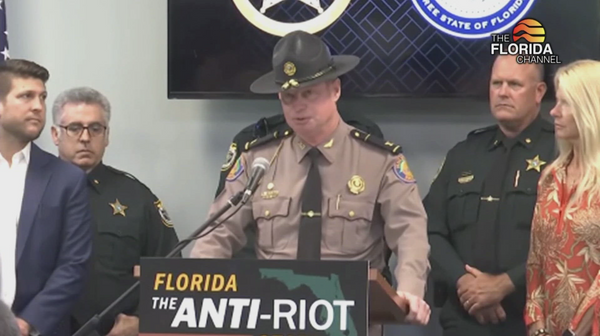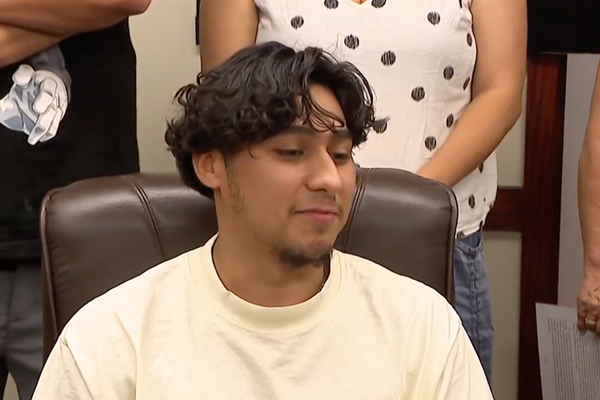Supplied: Menzies School of Health Research
)Health authorities in far north Queensland say two people have died and four have required intensive care treatment after contracting the soil-borne disease melioidosis this year.
Rates of melioidosis infections are nearly twice the yearly average in the region, with 17 people having been admitted to hospital since the beginning of 2021.
Dr Annie Preston-Thomas of Tropical Public Health Services said cases of the potentially fatal soil-borne disease were not unusual during the wet-season but this year's rate of infection was concerning.
ABC News: Kristy Sexton-McGrath
)"Some people can have skin infections or abscesses but most people actually develop pneumonia or an infection in the blood — septicaemia," Dr Preston-Thomas said.
"That can make you more at risk and also becoming more unwell with it."
Melioidosis is caused by the bacterium Burkholderia pseudomallei which lives in soil, entering the body through open cuts or sores most often on people's legs and feet.
James Cook University molecular biologist Associate Professor Patrick Schaeffer said the bacteria was endemic to Australia's tropical north and was not something that could ever be eradicated.
"These bacteria are very, very resistant and can lay dormant for decades in both soil and in animal hosts, including humans," Professor Schaeffer said.
"When it's dry they [the bacteria] are latent and sleeping in the soil, not developing.
"When it rains it's like leaving bread outside in the humidity and you get fungi growing on it. The same happens in the soil when it gets humid and it gets wet, and the bacteria starts to grow."
ABC Darwin: Emilia Terzon
)Dr Preston-Thomas said people walking in mud, muddy water, or wet soil should ideally wear shoes and cover any open areas of broken skin with waterproof bandages to reduce the risk of infection.
Gardeners beware
ABC Everyday: Marc Eiden
)Professor Schaeffer said the resilience of Burkholderia pseudomallei bacterium meant it could be easily transported from one place to another, particularly during flood and heavy rainfall events.
"Conditions will make some areas more likeable to the bacteria to actually grow, and some areas will limit its growth.
"But we never know before we test the soil."
Dr Preston-Thomas said because the bacteria that causes melioidosis is so easily transported, gardeners needed to be mindful of the risk it presented around the home.
"Gardening is often a way that people may be exposed [to melioidosis]," she said.
"It's important to wear gloves when you're gardening and also then wash your hands with soap and water when you've done anything like that, and before you eat."







